TRADITIONAL KNOWLEDGE HAS BEEN PASSED DOWN FROM GENERATION TO GENERATION BY INDIGENOUS COMMUNITIES AROUND THE WORLD.
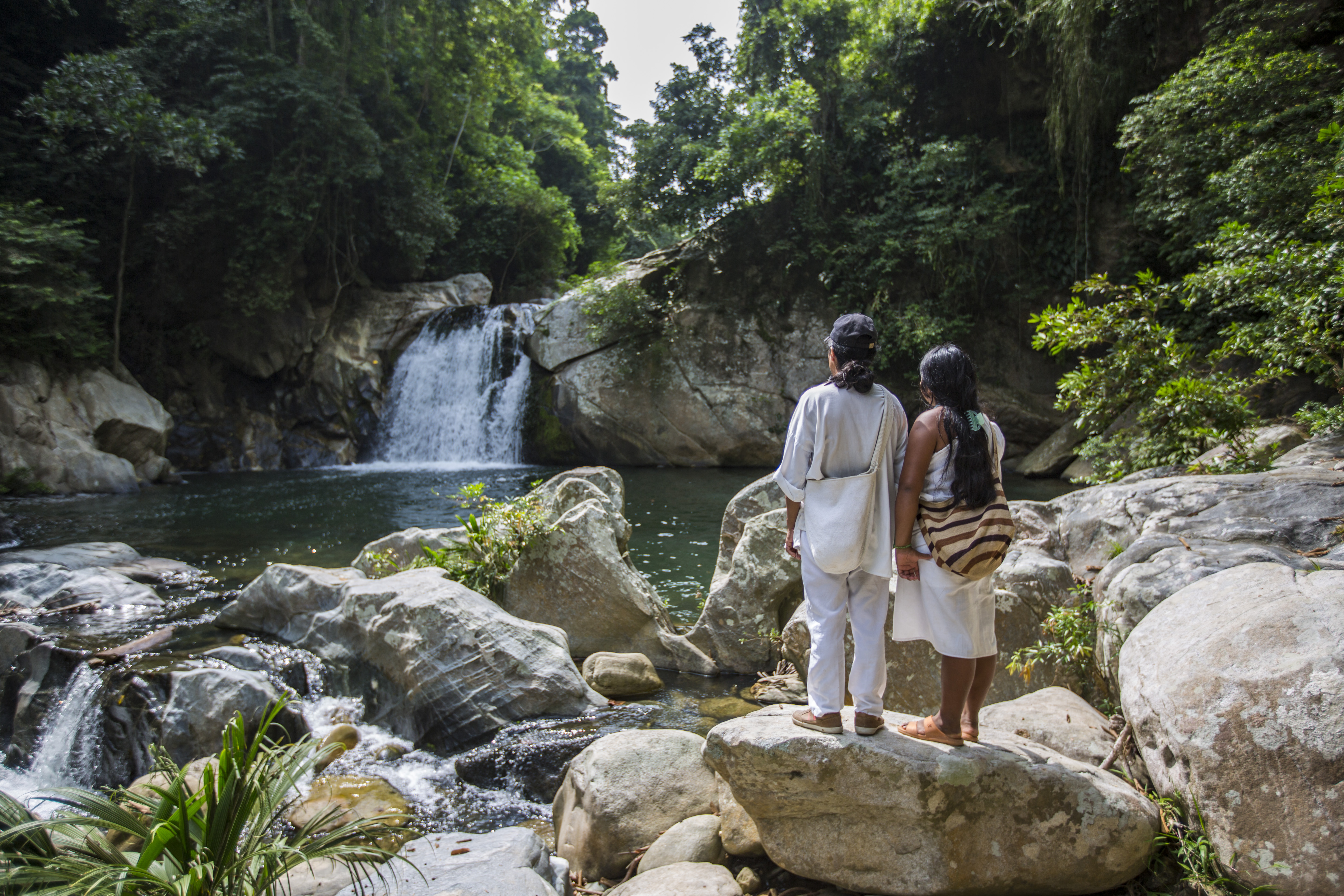
For thousands of years, Indigenous peoples have shared an ancestral connection to the land and the natural resources around them. Their unique cultures and ways of relating to each other and the environment have shaped their identity.
Learning from these communities can not only offer an advanced understanding of food systems, environmental conservation, science and innovation but also provide unforgettable experiences while travelling.
Tourism is presented as an alternative to preserving the cultural diversity and the traditional knowledge of Indigenous peoples. Likewise, it can foster entrepreneurship among local communities, helping them to develop socioeconomically and become more empowered.
For travellers, learning about Indigenous communities around the world allows them to delve into the traditions that have shaped our culture and history. As a result of this, both locals and tourists benefit from an educational and transformational experience.
At Planeterra, we support programs that recognize the unique offerings that Indigenous and rural communities have for tourism.
Meet some of our partners who are working to create meaningful connections between travellers and Indigenous peoples:
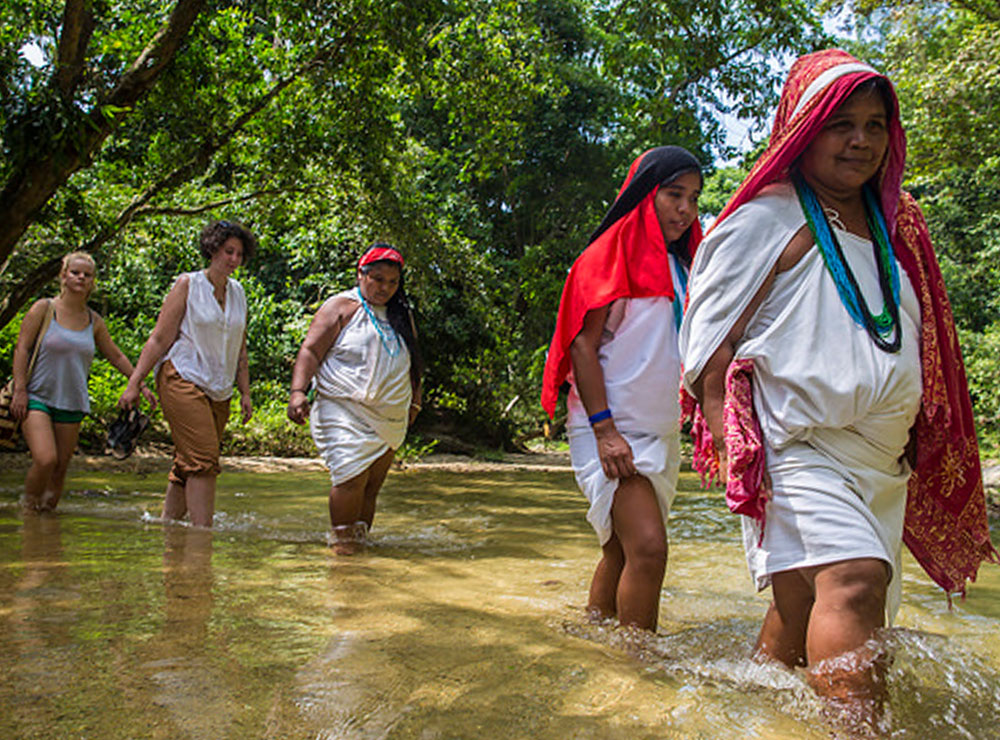
Gotsezhy Wiwa community tourism, Colombia
The Wiwa and Kogui are descendants of the ancient Tayrona people and have remained in isolation throughout history until the last couple of generations. They see tourism as a way to uphold their cultural values and share their customs and traditions, while also guaranteeing territorial sanitation and economic autonomy for the families of these communities.
Planeterra worked with the Wiwa community leaders directly to identify opportunities in communities along the Ciudad Perdida (Lost City) trekking route. Together, we developed a training kitchen, and a meal and handicraft experience all guided by local people in the Wiwa community of Gotsezhy.
Since then, the community has benefited greatly from the opportunity to increase their economic income and is now able to invest in social programs such as garbage management, community gardens, improving access to drinking water, and education.
Women have had a greater entrepreneurial role by participating in selling their handicrafts and being part of the food experience, and youths are training as local guides sharing their culture and traditions.
Learn more here.
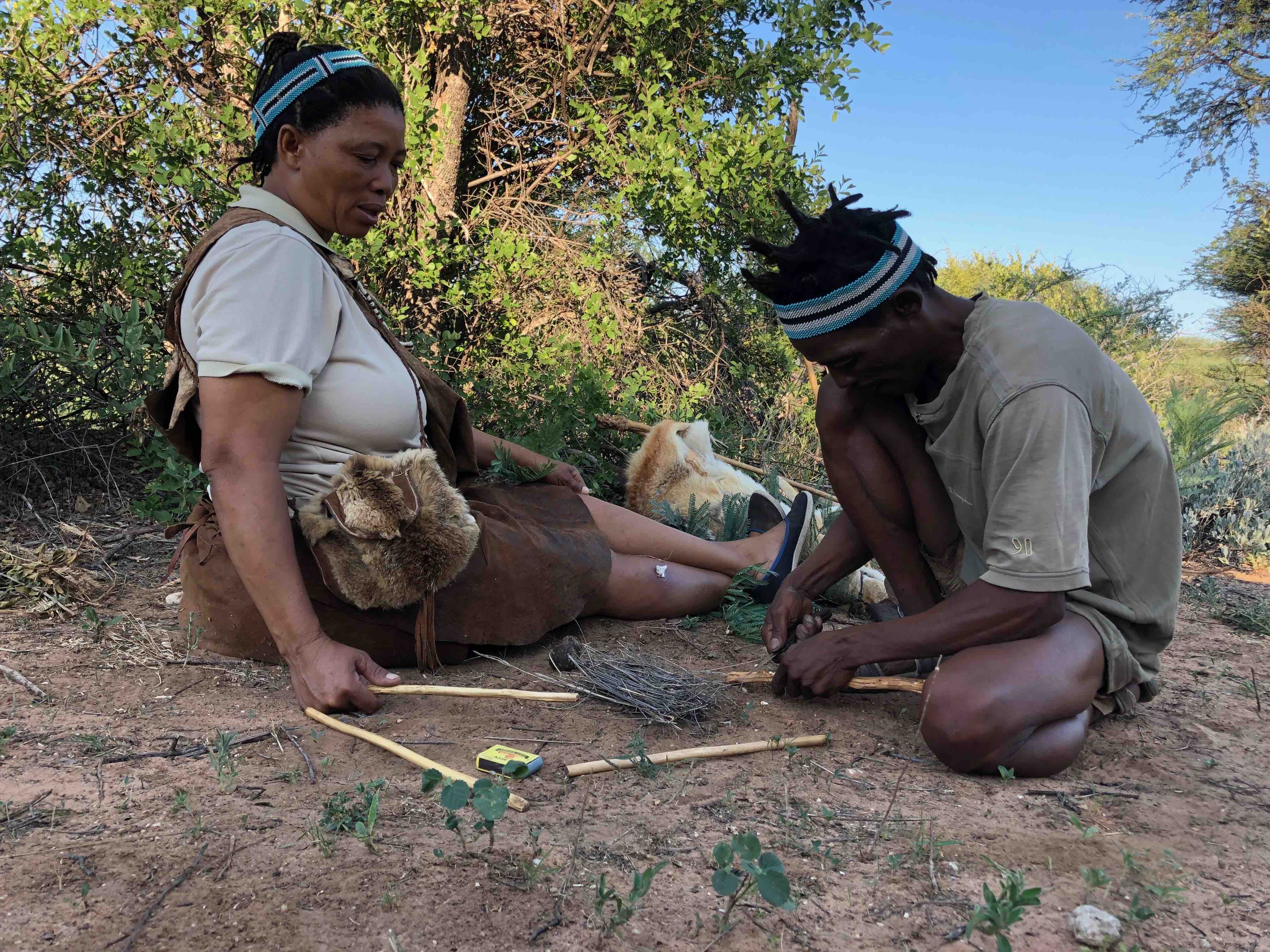
Dqae Qare San Lodge, Botswana
The San are the earliest inhabitants of Southern Africa, they currently number around 113,000 and are scattered across six countries in the area, with a large number residing in the Kalahari region of Botswana.
With a grant from Planeterra, improvements to Dqae Qare San Lodge that would have taken five years to complete took only a matter of months. Additionally, with the D’kar community living on about 30 cents a day, the jobs provided at Dqae Qare are truly changing lives. One Dqae Qare employee is able to support a family of ten back in the village of D’Kar.
The revenue brought by connecting Dqae Qare San Lodge to a wider travel market, allows the Kuru Development Trust to invest more in their business, empower and employ more people from D’kar, and invest more into infrastructure and community projects like fresh water infrastructure and support for their preschool.
Learn more here.
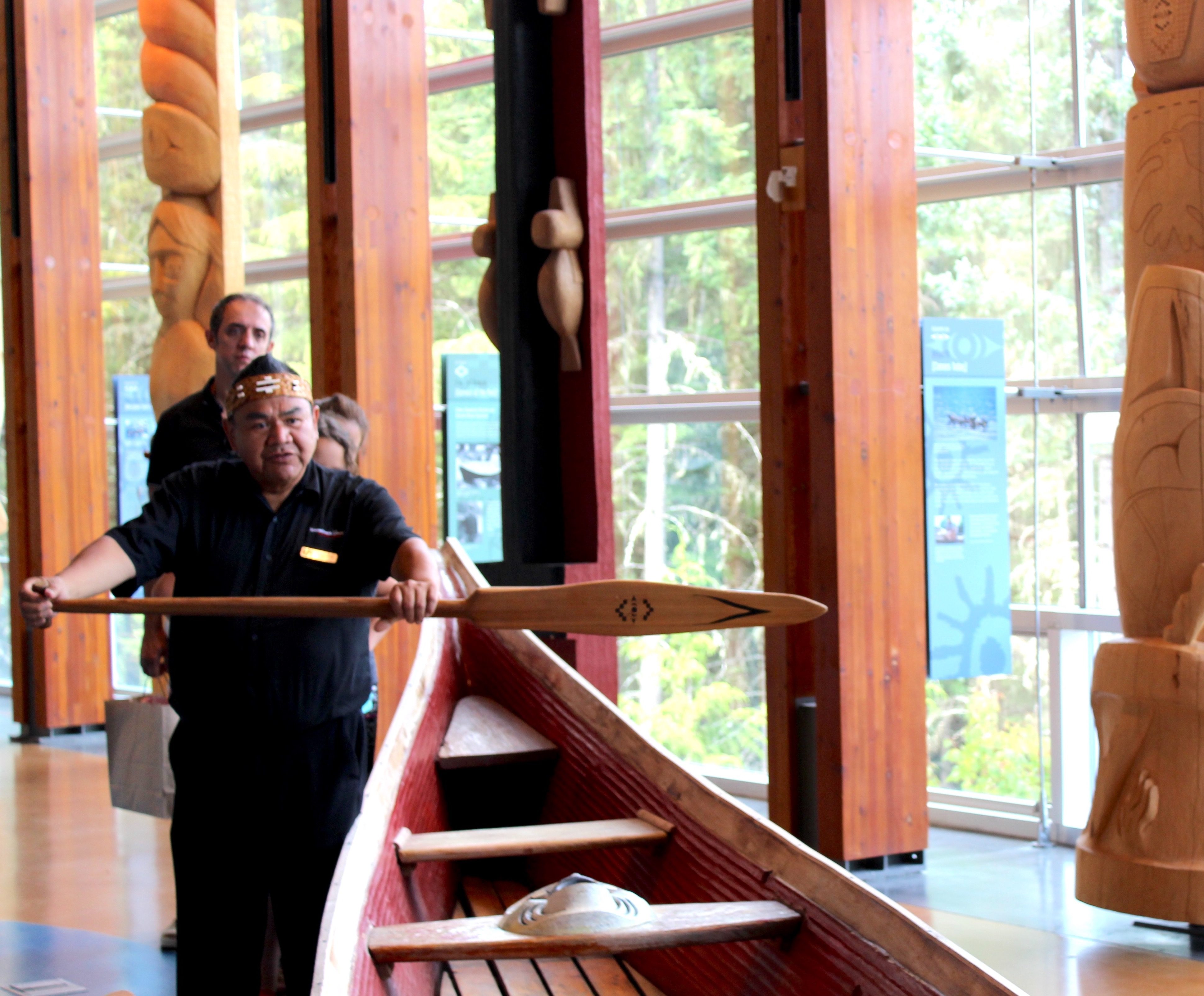
Squamish Lil’wat Cultural Centre, Canada
The colonization of what is now known as Canada, compounded with the implementation of residential schools and the fracturing of families, alongside the flu and smallpox epidemics, led to the alteration or loss of much of the oral history important to the Squamish and Lil’wat Nations of the Whistler region.
There exists a demand for a larger First Nations presence in the area, to ensure the ancient cultures of the Lil’wat and Squamish Nations are protected. Likewise, there is a great need for economic opportunities which will benefit youth who live on nearby reserves.
The Squamish Lil’wat Cultural Centre affords youth from reserves in the region transport for classes, and the opportunity to train in the hospitality industry through an on-site museum and cultural tours.
Through its partnership with Planeterra and the connection to the travel market, the center can increase its visitor numbers, giving them more opportunities to expand its training base and available visitor activities.
Groups are able to visit the center to participate in activities such as a medicinal tea ceremony, bannock tasting, or a tour of the museum and grounds.
Learn more here.
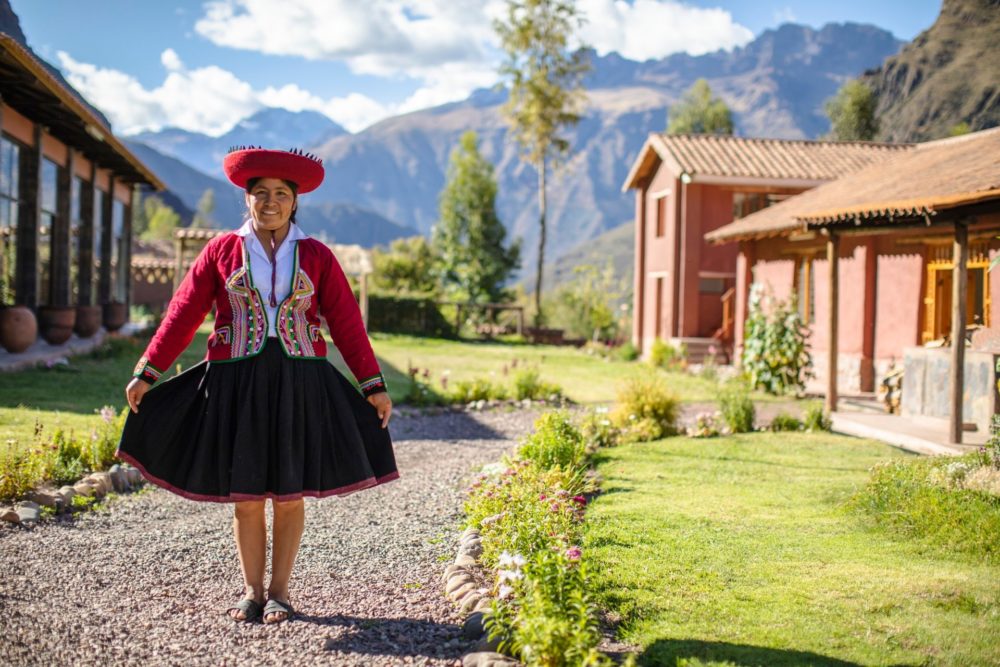
Parwa Community Restaurant, Peru
Parwa Restaurant is owned by the Huchuy Qosqo Association, a community-based tourism enterprise developed by Planeterra with co-financing from the Multilateral Investment Fund of the Inter-American Development Bank Group.
All income earned by the restaurant is used for investment in social projects for the community, executing clean water projects, and even installing a computer lab for the community’s youth, directly benefitting more than 40 individuals.
Also, the ingredients used in the restaurant are bought directly from the local farmers, providing a local market for direct sales. The employees at the restaurant have monthly salaries, health insurance, pension funds, and other labour benefits.
Over 25 micro-entrepreneurs received technical assistance and funds to establish new businesses to supply the Parwa restaurant or sell their goods to travellers who visit the Huchuy Qosco community.
Learn more here.
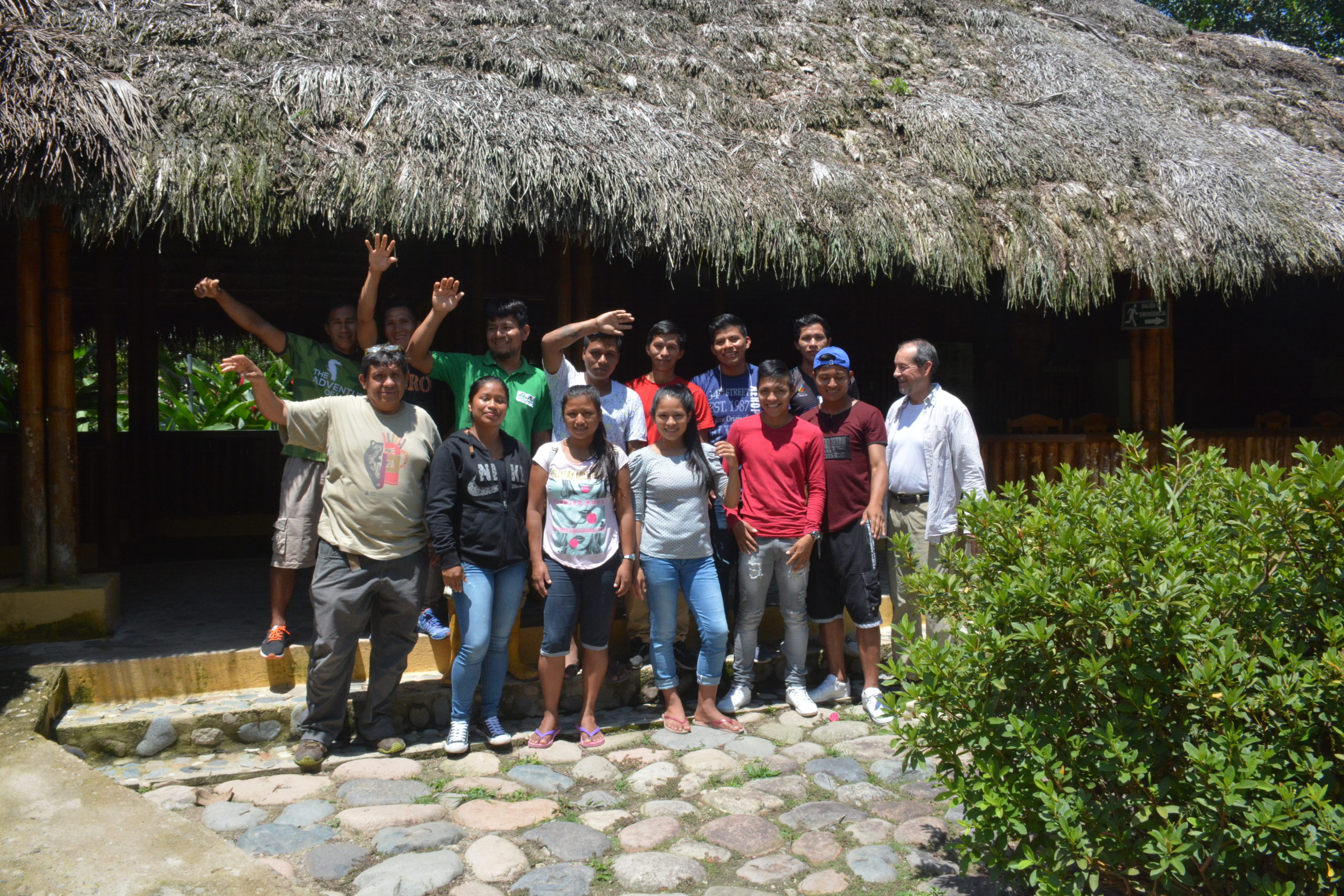
Shandia Lodge, Ecuador
The village of Shandia is located in the rainforest of eastern Ecuador. It is inhabited mostly by Indigenous people of the Kichwa nationality and was formerly an evangelical missionary center. The village currently consists of 120 families.
The community owns Shandia Lodge, which was developed with the purpose to generate employment opportunities, increasing collective self-esteem, and generating security, leadership, and management skills among the members of the community.
The community enterprise faced significant barriers to accessing the international market, and when they did, they risked losing their unique cultures and traditions. Also, the environment and wildlife needed to be protected with sustainable plans managed and led by locals.
Planeterra, in partnership with the local non-profit EcoCiencia, worked with the Shandia community to identify opportunities in tourism. Together, we developed new culturally immersive experiences, including a cycling tour and a community experience led by youth.
Travellers also have the opportunity to discover traditional agricultural practices and learn how to make chocolate.
Learn more here.
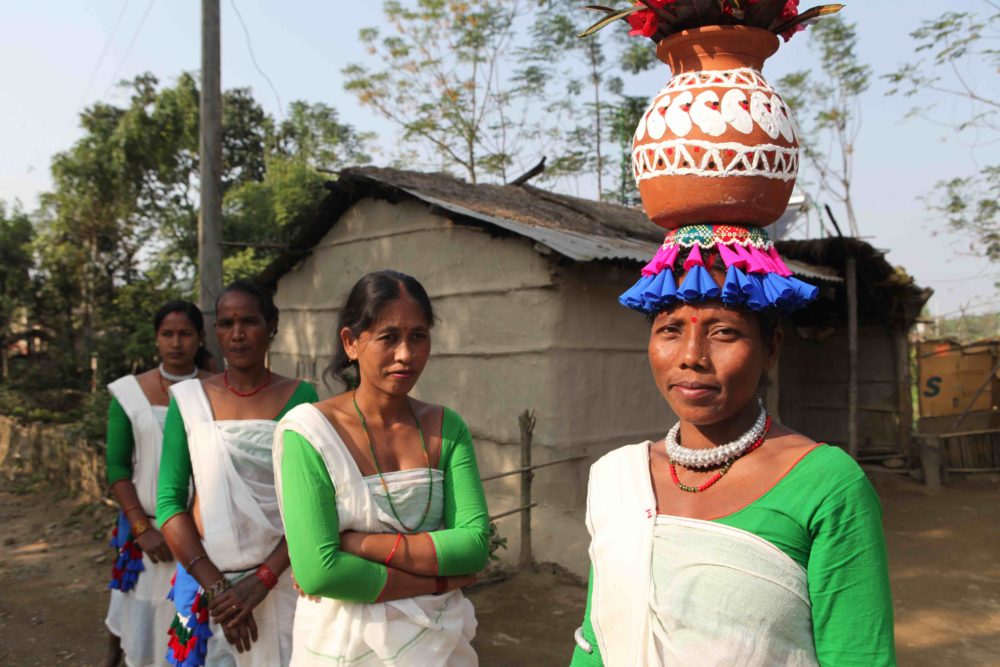
Barauli Community Homestay, Nepal
Barauli, home to the Tharu people, is a small Indigenous community near the Chitwan National Park in Nepal. The park is a popular tourism attraction that is well known for its wildlife but less known for the cultural value that it has to offer travellers.
Due to its distance from the typical places of interest in the park, the Tharu residents were not able to access the economic benefits of tourism. Limited opportunities for community members led to engagement in illegal activities like poaching and deforestation in the park as a means of income diversification.
To overcome this, the community homestay program was developed by Royal Mountain Travel, our ground partner, to connect travellers coming for the park’s wildlife with the rich culture of the Tharu people.
The village started with 14 individual cottages that are part of the homestay program, plus a community dining hall. The homestay project is completely run by Tharu women, providing diversified income opportunities in the region. Several different activities and livelihoods have been built out of this program, such as serving personnel and cooks, cooking class hosts, and local guides.
New homestays have opened up in the region to meet the increasing demand for travellers to have authentic community experiences while in Chitwan.
Learn more here.
These are only some of the great projects being developed and led by Indigenous communities worldwide. We celebrate these communities and the key role they play in the preservation and transmission of traditional knowledge.
If you would like to support our work to help Indigenous-owned businesses recover from the impacts of the COVID-19 pandemic and welcome travellers again, you can donate here.


Post a comment